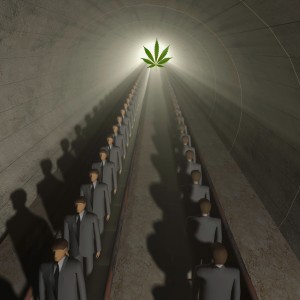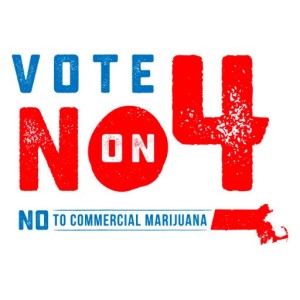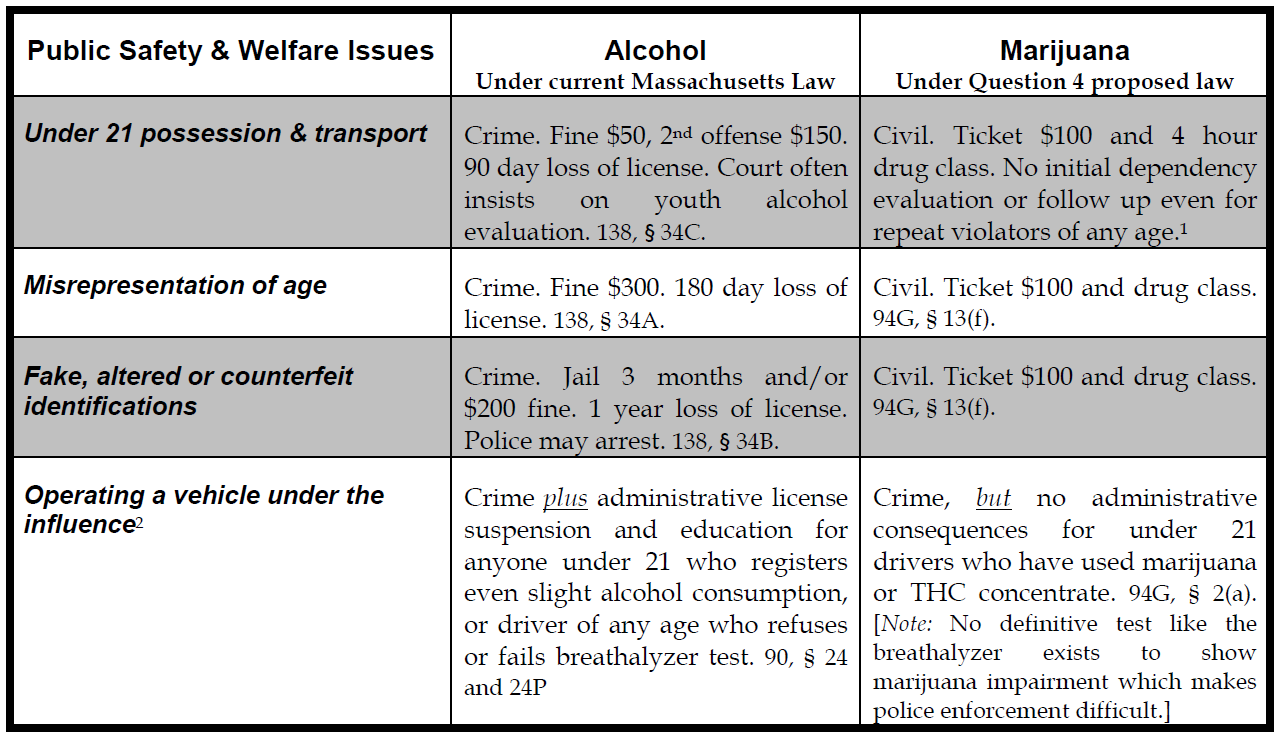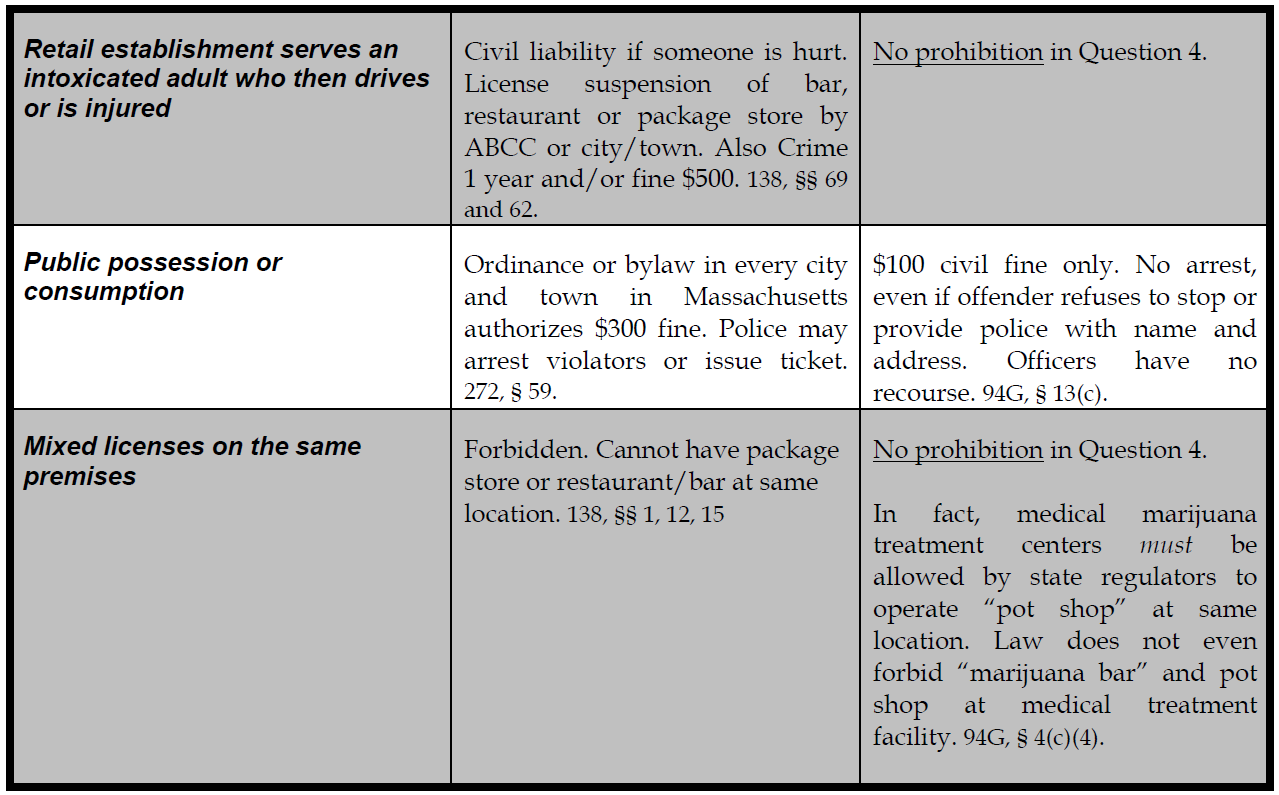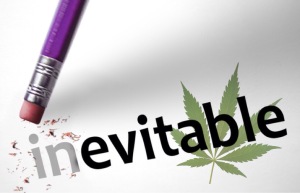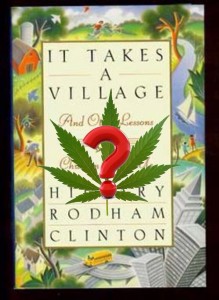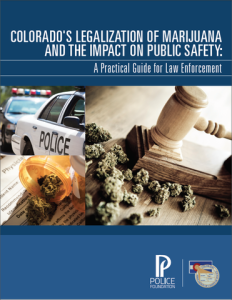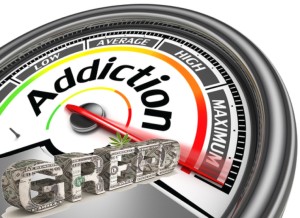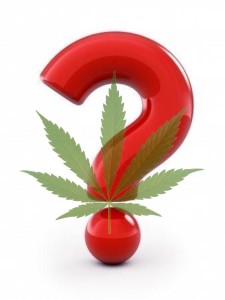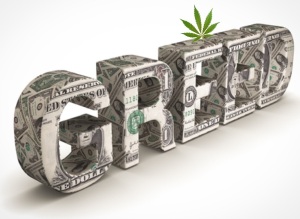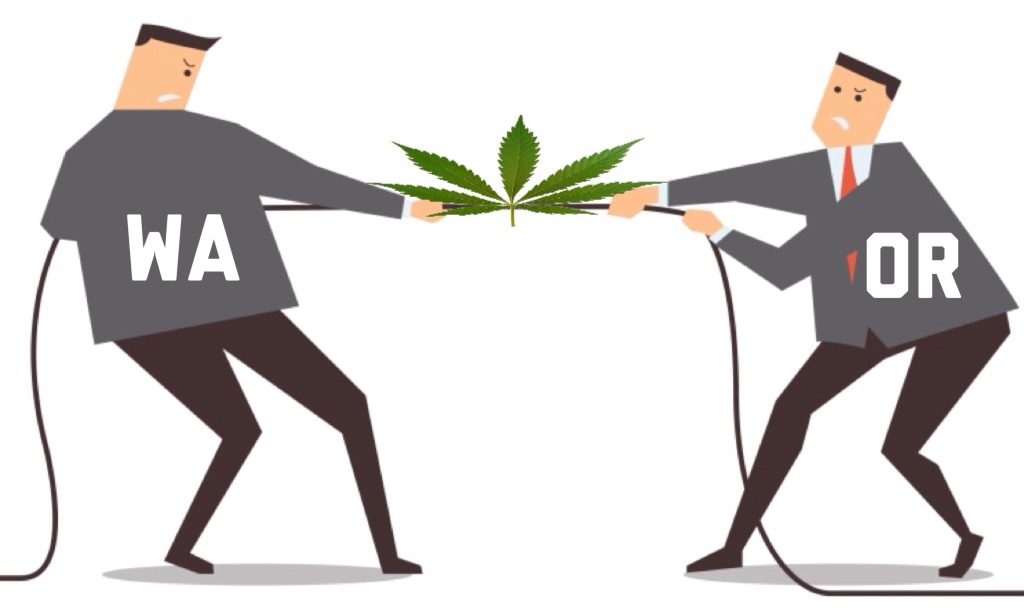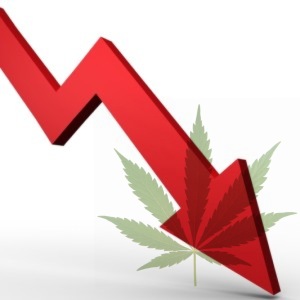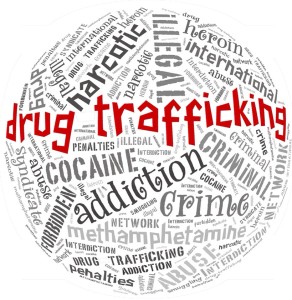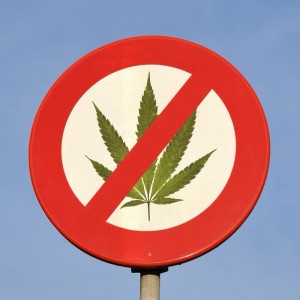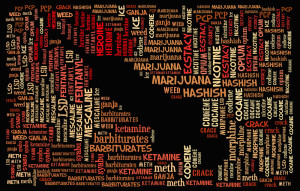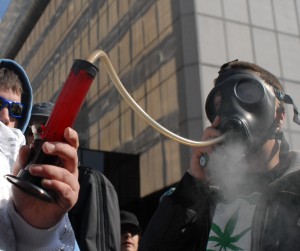
Those of us involved in monitoring the rise of corporate marijuana should understand the value of our disquiet. It is an early warning sign.
Over twenty years ago M.I.T. systems thinker, Peter Senge, wrote about the “parable of the boiled frog.” In short: if you place a frog in a shallow pan of boiling water it will immediately try and jump out. But if you place the frog in warm water, and don’t startle him, he will remain there, unbothered. If the temperature of the water rises gradually, the frog will stay put in the pan, until it’s too late and he’s unable to climb out. As ghastly as the image of the boiled frog is, the lesson is clear. We are not unlike the frog. Our ability for sensing threats to survival is geared to immediate and sudden changes, not to slow, creeping, gradual changes.
(The Fifth Discipline: the Art & Practice of the Learning Organization, Peter M. Senge, Doubleday. August 1990)
What are the top factors which will awaken the rest of America to the bigger picture? Can we make clear the threats and opportunities we sense around us, or is the lull of the warm water just too tempting for a country brimming with distraction? Can we pay attention? Continue reading Marijuana, Addiction, Legalization and the Parable of the Boiled Frog
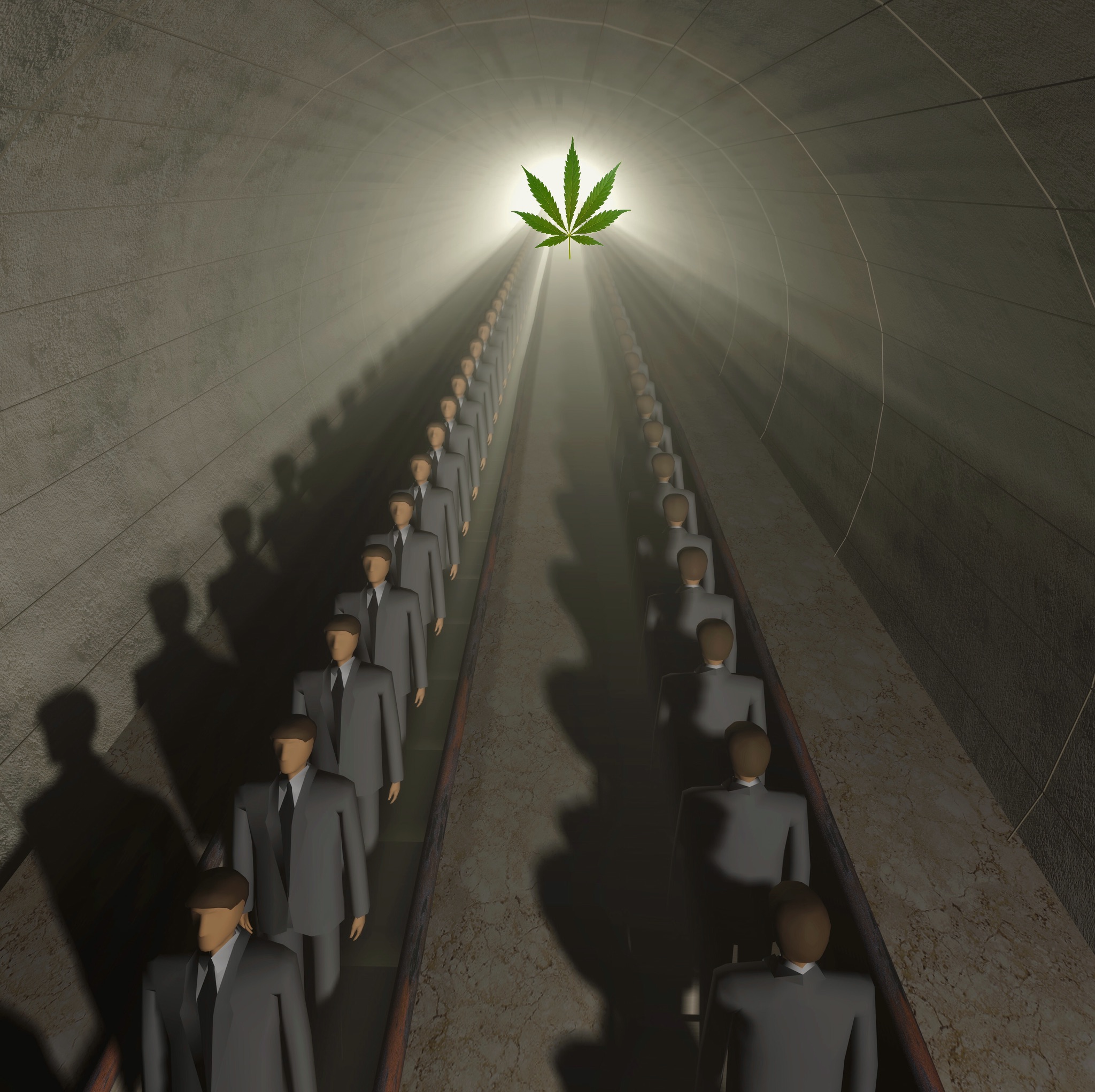 The marijuana lobby and its spokespersons now are actively blaming communities who refuse to support commercial drug use promotion for the black market in marijuana.
The marijuana lobby and its spokespersons now are actively blaming communities who refuse to support commercial drug use promotion for the black market in marijuana.